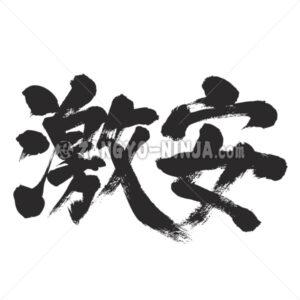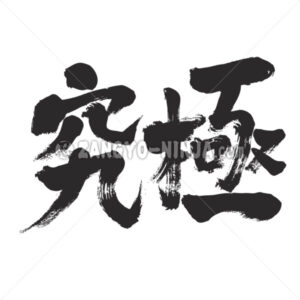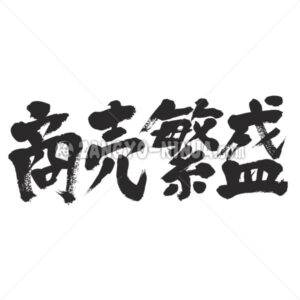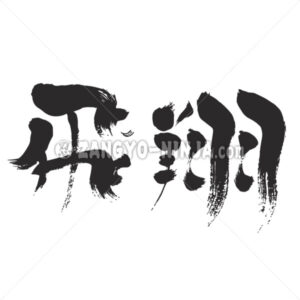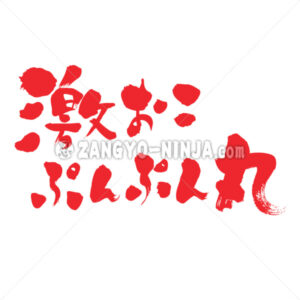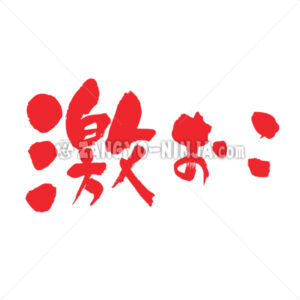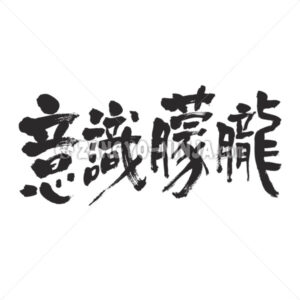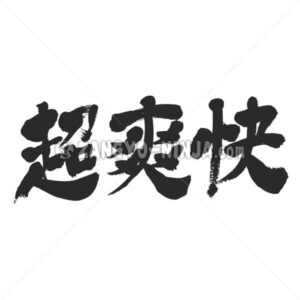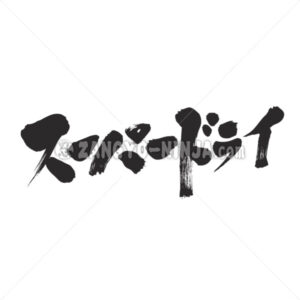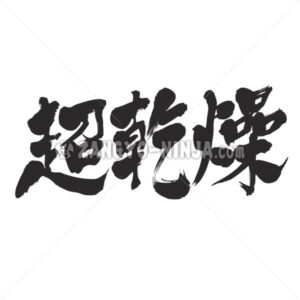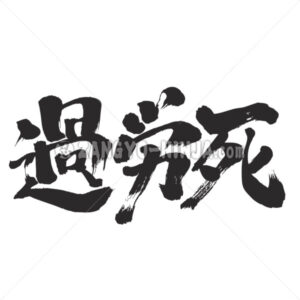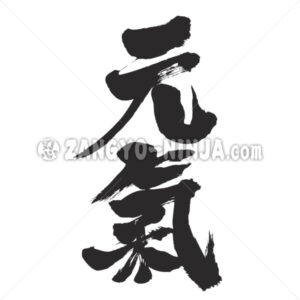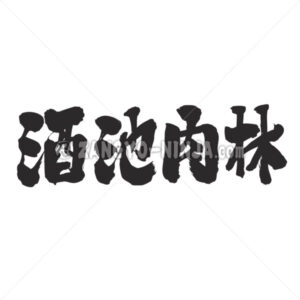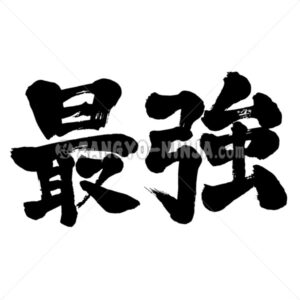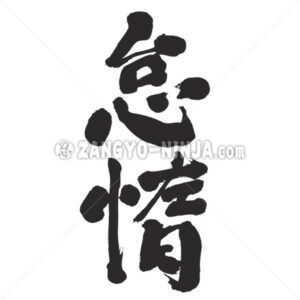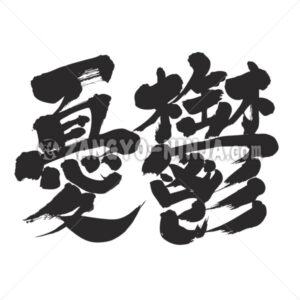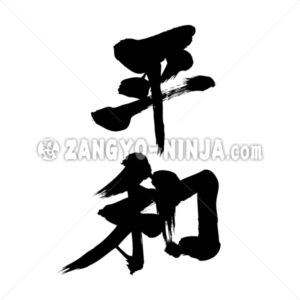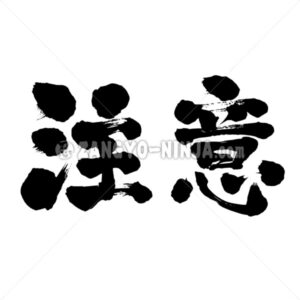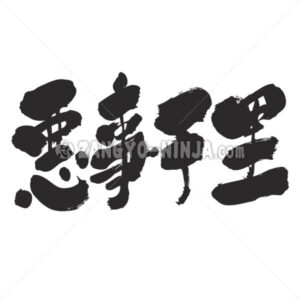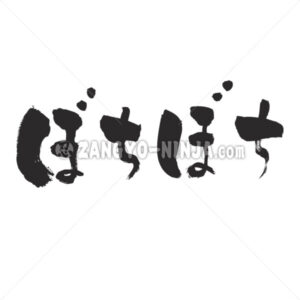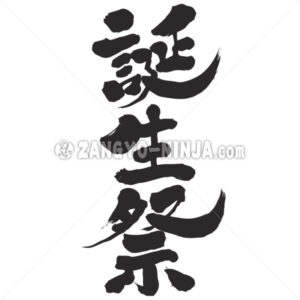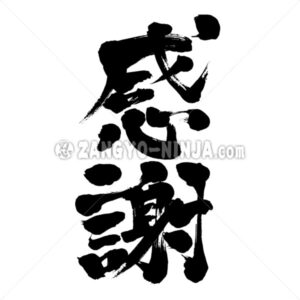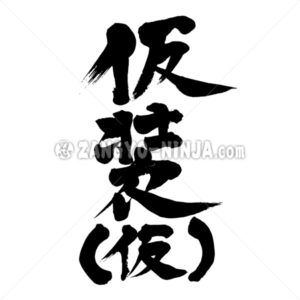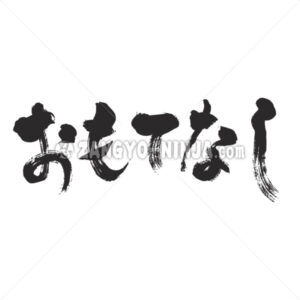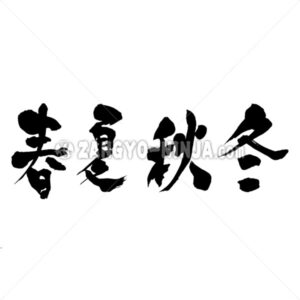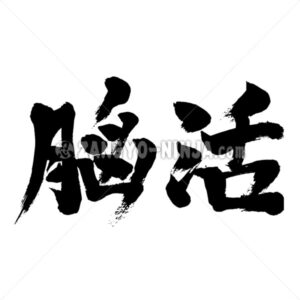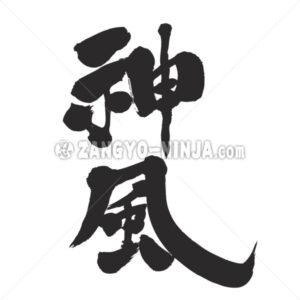
1. Wind that blows down with the power of God. A storm that overturned a former ship at the time of Genko. 2. Special attack party. An attack corps formed by the Great Japanese Imperial Navy in World War II, consisting of an attack corps and a team directly responsible for asylum and confirmation … Read More
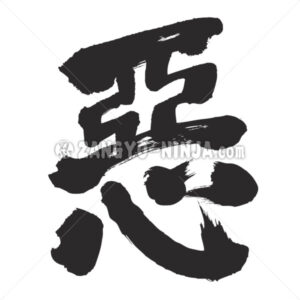
1. Incorrect. not good. Immorality. Also, be against the law. 2. ugly. unpleasant. Discordant. Inappropriate. In a general sense, it is the opposite or lack of good. It can be a very broad concept, but in everyday use it often expresses deep wickedness in a narrower range. The word “悪” in Japanese was originally … Read More
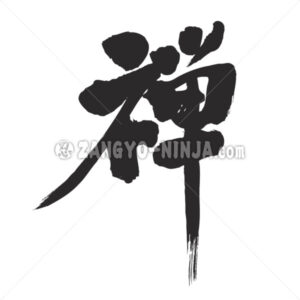
Brought from China around the 7th century, Zen originally referred to the teachings and practices of the Zen sect, a branch of Buddhism that developed in Japan, but is known today as a philosophy related to meditation and mindfulness. History of Zen Zen is a term that refers to the teachings and philosophy of … Read More
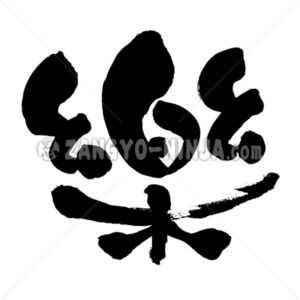
1. It is mentally and physically full and comfortable. Pleasant. It reads “raku.” 2. free from stress or conducive to mental ease. It reads “raku.” 3. Easy. Or, to be rich in livelihood. Also, the state of being. It reads “raku.” 4. A musical instrument that plays a musical instrument. Music and music used … Read More


